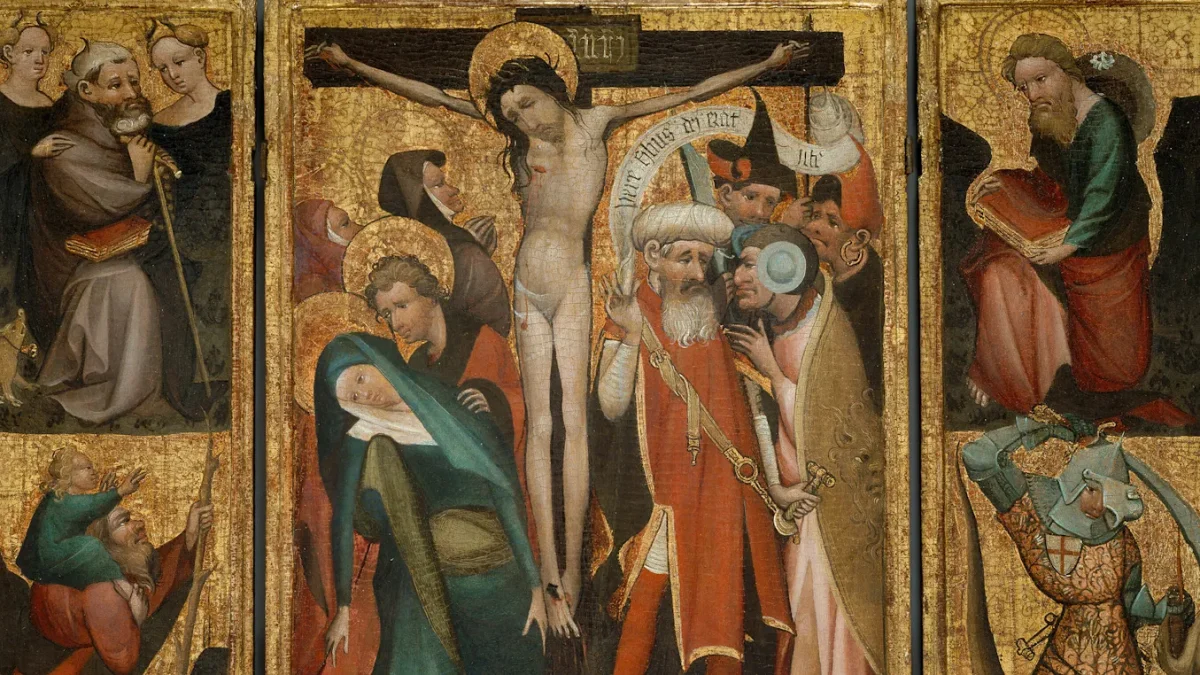As Easter approaches, amidst the flurry of chocolate bunnies and pastel-hued egg hunts, one might find themselves pondering the precise timing of Jesus’ crucifixion amidst the festive atmosphere. This day, steeped in somber reflection and adorned with centuries-old traditions, marks a pivotal moment in Christian history.
Some individuals argue that Jesus actually died on a Wednesday, basing their interpretation on the duration of Jesus’ body in the tomb before his resurrection. They point to Matthew 12:40, where Jesus compares his time in the tomb to Jonah’s sojourn in the belly of a great fish, stating, “For as Jonah was three days and three nights in the belly of a great fish, so will the Son of Man be three days and three nights in the heart of the earth.”
According to the proponents of the Wednesday crucifixion theory, Jesus was crucified on Wednesday afternoon, placed in the tomb just before sunset (marking the beginning of the Jewish Thursday), and remained there through Thursday night, Friday, and Saturday, before his resurrection on Sunday morning. They argue that this timeline fulfills the prophecy of three full days and nights.
However, while the Wednesday crucifixion theory presents intriguing questions about biblical interpretation, it remains a minority view among Christian scholars and believers.
Now, addressing the confusion surrounding the name “Good Friday,” one might wonder about the seemingly paradoxical nature of calling the day of someone’s death “good.” Some suggest that it derives from “God’s Friday,” while others attribute it to the Old English usage of “good” to mean holy.
But here’s an intriguing perspective: the “good” in Good Friday does not pertain to the act of crucifixion itself. Instead, it symbolizes what Christians believe Jesus’ death represents – the ultimate sacrifice for the sins of humanity. It embodies the pinnacle of love and selflessness. Thus, the “good” denotes the positive outcome, redemption, and hope that arise from this sacrificial act, rather than focusing solely on the suffering and death.
Tradition steadfastly holds onto Good Friday, emphasizing the profound impact of the event it commemorates. Whether the crucifixion occurred on a Wednesday, Thursday, or Friday, the overarching narrative remains unchanged: a narrative of sacrifice, suffering, and the unparalleled demonstration of love.


